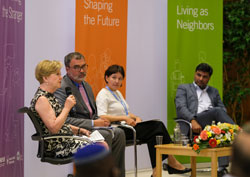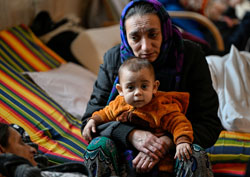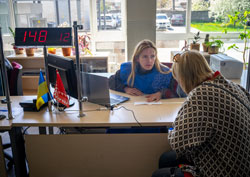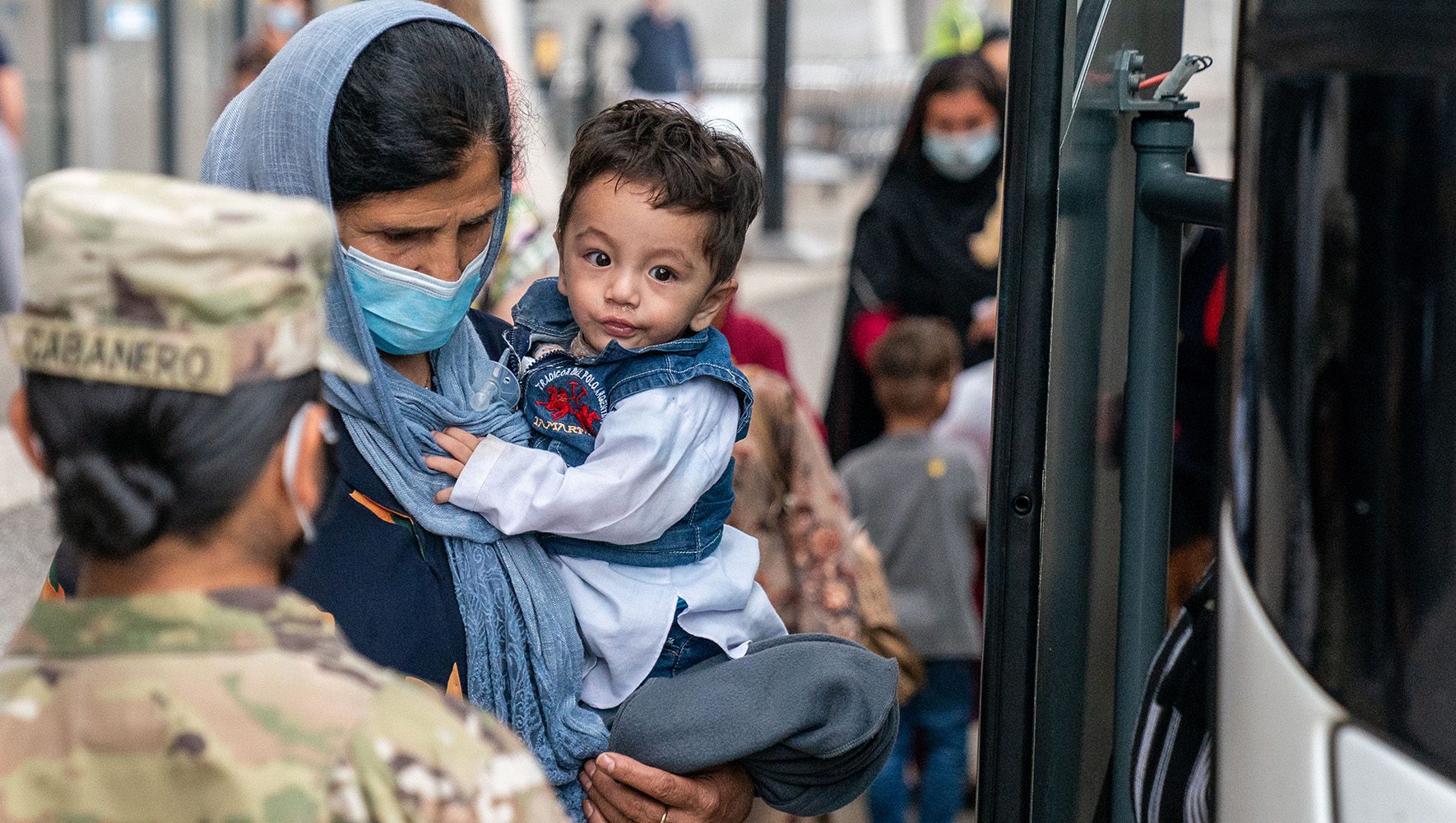Despite Pandemic, Refugee Numbers Grow to Unprecedented Levels
By Max J. Rosenthal, HIAS.org
Jun 18, 2021
Ahead of World Refugee Day on Sunday, the United Nations has confirmed things are only getting worse for displaced persons around the world.
UNHCR, the U.N.'s refugee agency, published its annual Global Trends report on June 18, which showed 82.4 million people around the world were forcibly displaced in 2020 — nearly the same population as all of Germany or Turkey. That number, which has more than doubled in the past decade (and increased for nine years in a row), represents the largest population of forcibly displaced people in history.
“We're talking about 2020. We're talking about the year of COVID-19. The year where we didn't move, where we were confined, locked down. Yet in spite of that, there are 3 million people more that have been compelled to flee because of war because of discrimination because of persecution and other forms of violence,” said Filippo Grandi, the U.N. High Commissioner for Refugees, in remarks released on Friday.
The report, which UNHCR releases each year to mark World Refugee Day on June 20, found that the increase in displacement was largely driven by the ballooning number of internally displaced persons — those who flee their homes but are unable to leave their home countries. There now 48 million IDPs around the world, an “unprecedented” number. They are joined by more than 26 million refugees, 4.1 million asylum seekers, and nearly 4 million displaced Venezuelans.

Many of the epicenters of displacement in 2020 were the same as in 2019: continued wars in Syria and Afghanistan, violence in South Sudan, upheaval in Venezuela. They were joined by newer crises in the Sahel region of Africa; in Ethiopia, where the government is conducting a brutal military campaign in the region of Tigray; in the Caucasus, due to the war between Azerbaijan and Armenia; and others. More than 11 million people became newly displaced in 2020.
The rise of internal displacement may have been fueled by the COVID-19 pandemic, which prevented many people from escaping danger. “Measures implemented by governments to limit the spread of COVID-19, including restricting freedom of movement and closing borders, made it considerably harder for people fleeing war and persecution to reach safety,” the report read.
UNHCR estimated that some 1.5 million refugees and asylum seekers did not reach new countries because of the pandemic. The number of voluntary movements, such as refugee resettlement, were also severely limited.
The effects of the pandemic and prolonged refugee crises around the world were only made worse by a warming planet. “Climate change is also driving displacement and increasing the vulnerability of those already forced to flee,” the report warned. “Many are living in climate hotspots’ where they typically lack the resources to adapt to an increasingly inhospitable environment.”
In his remarks on Friday, Grandi chastised the governments that have fueled anti-immigrant sentiment during the past year. “The rhetoric that we have heard from many governments that refugees and migrants are bad people — that the only way to deal with them is to build the wall or push them back at sea — not only is morally abysmal and unacceptable, it is also profoundly useless, because in any case these movements will continue until we address the root causes,” he said.
Mark Hetfield, HIAS’ president and CEO, echoed Grandi in his own reaction to the report. “We at HIAS know refugees are not just a responsibility, but a blessing,” he said, citing the contributions that refugees and asylum seekers make to their new communities. He agreed that countries like the United States have a “moral duty” to assist the world’s most vulnerable people: “They couldn't depend on their governments to protect them, so that responsibility falls to us."
Yet the report’s authors did find reasons to be optimistic in 2021. With leaders in the United States and Colombia taking actions to accept more refugees and protect displaced persons, the report noted, there is hope that governments will begin to take more responsibility for vulnerable people: “Many more such symbols of solidarity and responsibility-sharing are needed to fulfil the rights, needs and, where possible, hopes of the displaced people around the world.”





